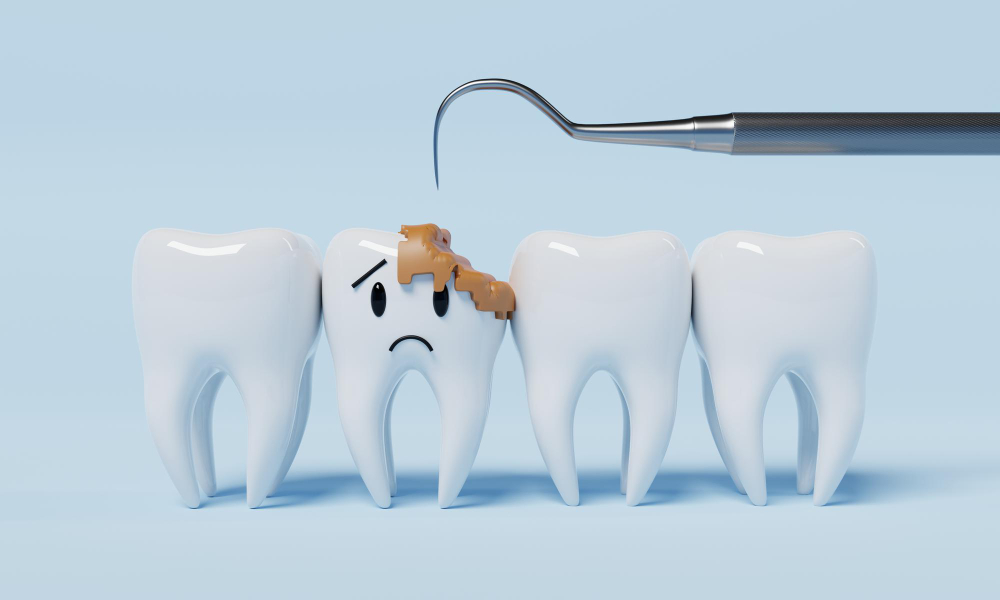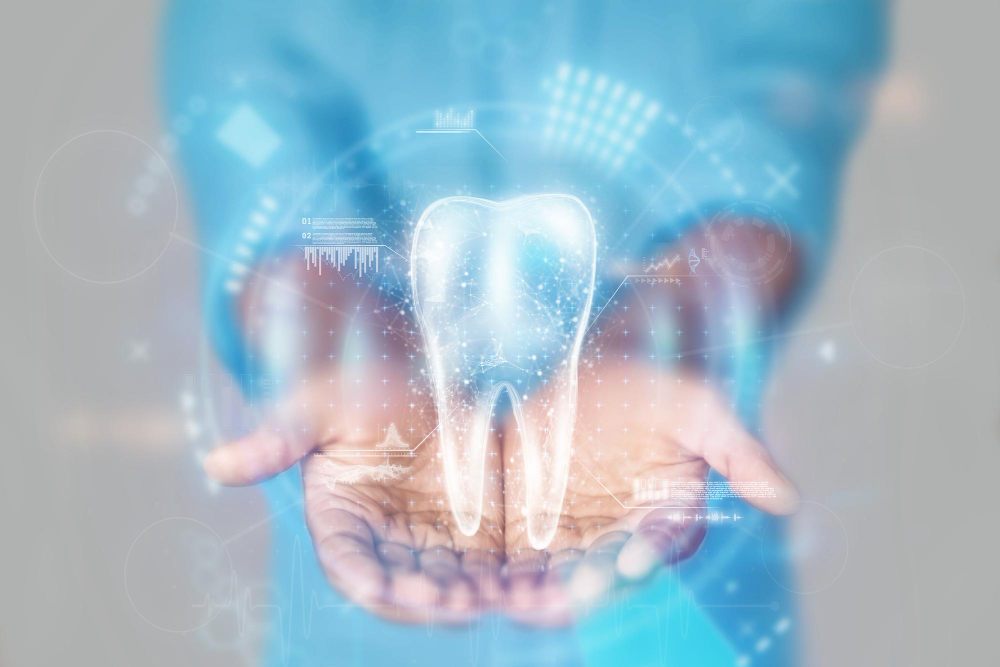What do dental insurances cover and what don’t they cover?
Dental insurances are a way to protect yourself against the high costs of dental treatments. These insurances can vary in their scope and coverage, so it is important to understand what they cover and what they don’t. In this post, we explain what dental insurances cover and what they don’t, to help you make an informed decision about the dental coverage you need.

What do dental insurances cover?
Dental insurances usually cover a wide variety of treatments and services, which may include:
- Dental cleanings and regular check-ups: Most insurances cover dental cleanings and regular check-ups.
- Cavity treatments: Dental insurances cover cavity treatments, such as fillings.
- Dental extractions: Dental insurances cover necessary dental extractions, including wisdom teeth extractions.
- Orthodontic treatments: Some dental insurances cover orthodontic treatments, such as braces and clear aligners.
- Periodontal treatments: Dental insurances may cover treatments for periodontal diseases, such as gingivitis and periodontitis.
- Dental prosthetics: Dental insurances may cover dental prosthetics, such as dentures, dental bridges, and dental implants.

What is not covered by dental insurances?
Although dental insurances cover many treatments and services, there are some things that are generally not covered, such as:
- Cosmetic treatments: Cosmetic dental treatments, such as teeth whitening and dental veneers, are generally not covered by dental insurances.
- Experimental treatments: Experimental or unproven dental treatments are generally not covered by dental insurances.
- Unnecessary treatments: Dental insurances generally do not cover treatments that are not medically necessary.
- Out-of-network treatments: If you receive treatment from a dentist who is not in your dental insurance network, it may not be covered.
- Pre-existing condition treatments: Some insurances do not cover treatments for dental conditions that existed before the insurance was taken out.

How to choose the best dental insurance for you?
To choose the best dental insurance for you, you need to consider several factors, such as cost, provider network, and specific policy benefits. Here are some tips to help you choose the best dental insurance for you:
- Consider the cost: Review the cost of premiums and deductibles to ensure that the dental insurance you are considering is within your budget.
- Check the provider network: Make sure that dentists in the dental insurance network are conveniently located for you.
- Review the benefits: Make sure that the policy you choose covers the dental treatments you need.
- Compare different options: Research different options and compare them in terms of costs, provider networks, and specific benefits.
- Consider your dental needs: If you have specific dental needs, such as the need for orthodontics or dental prosthetics, make sure that the policy you choose covers these treatments.
- Read the fine print: Make sure to read the conditions and exclusions of the policy before purchasing it. Some insurances may have restrictions or exclusions that you should be aware of beforehand.
- Ask for recommendations: Ask friends, family, or trusted dentists if they can recommend a dental insurance they have used and had a good experience with.

In summary, choosing the best dental insurance for you involves considering the cost, provider network, specific policy benefits, your dental needs, and reading the conditions and exclusions of the policy. By following these tips, you can make an informed decision and find the dental insurance that best suits your needs.







